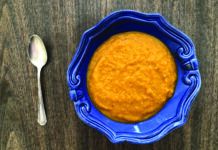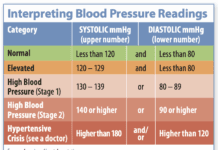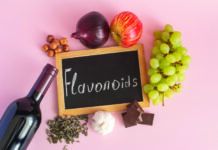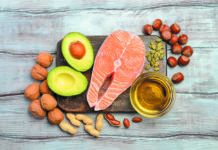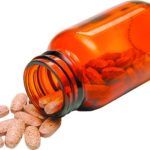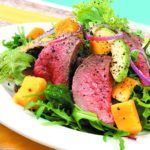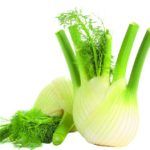Home Search
Cancer - search results
If you're not happy with the results, please do another search
Benefit of Multivitamins for Heart Health Needs Further Study
Could the daily multivitamin (MVI) many people take "just in case" their eating plan falls short help heart health? New evidence suggests it may require sticking with a MVI for a long time to realize a heart benefit, if there is one.
Alzheimer’s Diet: Will Limiting Red Meat Help Stave Off Alzheimer’s?
You've heard time and again that it's not wise to eat too much red meat, especially if processed, since higher intakes are linked with increased risks of obesity, cardiovascular disease, type 2 diabetes and several cancers. A growing number of studies suggest dietary patterns high in meat may promote cognitive decline, too.
Mastering Portion Control
A lot of factors likely affect how much food you eat, such as how it looks and smells, how tasty it is, how filling you believe the food will be and whether you were taught to "clean your plate" when you were young. Environmental influences, such as the size of food packages, how much food youre served and social norms, can also have a big impact.
Fight Heartburn and GERD: Diet and Lifestyle Can Make a Difference
If you sometimes suffer a burning sensation behind your breastbone, you're far from alone. An estimated 44% of American adults suffer heartburn at least once a month, and about 20% have a serious form called gastroesophageal reflux disease (GERD).
Cutting Calories Reduces Dangerous Inflammation
Eating less may help you lead a longer, healthier life, even if youre not obese. New research reports that restricting calories by 12% in healthy non-obese individuals over two years significantly lowered markers of chronic inflammation.
Health Benefits of Whole Grains
Nutrition experts - including those advising this newsletter - have been preaching for years about the benefits of replacing refined grains in your diet with whole grains. The latest Dietary Guidelines for Americans echoed this advice, recommending limiting intake of refined grains and products made with refined grains and starches.
Are You Getting Enough Fiber?
An important nutrient for reaching old age free of disease and disability might surprise you. According to a new Australian study, it's dietary fiber - a nutrient that, by definition, you don't even digest. In its path through your body, however, fiber is associated with reduced risk of cardiovascular disease, type 2 diabetes and some cancers.
Top 10 Healthy Vegetables You May Be Missing Out On
Bored with broccoli? Had it up to here with green beans and asparagus? Seen enough carrots and peas to last a lifetime? Maybe you need to branch out a little in the produce aisle."Some often-overlooked vegetables deserve a second glance for their nutritional benefits," says Jeffrey B. Blumberg, PhD, Tufts professor and senior scientist at the HNRCA Antioxidants Research Laboratory. He and Helen M. Rasmussen, PhD, RD, a Friedman School instructor and senior research dietitian at the HNRCA, have put together a list of 10 nutritious veggies too often omitted from grocery carts.
Exercise May Cut Your Risk of 13 Types of Cancer
Need fresh motivation to lace up those walking shoes? A study of 1.44 million adults reports that physical activity is associated with lower risk of 13 types of cancer, including three of the four most common - breast, colon and lung cancer.
Coffee Cleared of Cancer Risk Label
The World Health Organization has lifted a 25-year-old caution that coffee might cause cancer. Publishing their findings in The Lancet Oncology, WHO experts reviewed more than a thousand human and animal studies and concluded that coffee should no longer be classified as a possible carcinogen.


